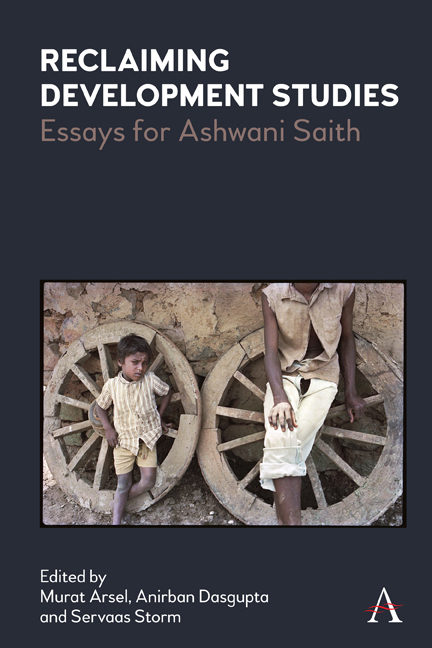Chapter Four - Globalization: An Enhancement of Opportunity or the Deprivation of Autonomy to Pursue Rapid and Inclusive Growth?
Published online by Cambridge University Press: 23 February 2022
Summary
Introduction
The impetus for globalization originally came from the advanced world economies and the international development agencies dominated by them. A mild caricature of the widespread perception among the developing countries and many of their advocates in the world at the time was that globalization was largely imposed on the developing countries starting in the 1980s by the rich world, which took advantage of the difficulty faced by then highly indebted poor countries as part of the condition of bailing them out. The simultaneous breakdown of the socialist system removed the other major barrier to openness in the international economic order.
Perceptions have widely differed about the effect of globalization on growth and equity in the developing countries. Proponents have argued, based on orthodox trade theory, that greater integration with the global economy means freer trade which leads not only to greater efficiency, by promoting specialization in accordance with comparative advantage, but also to better distribution, by increasing the employment and earnings of labour, the abundant factor in these countries. The opponents have essentially argued that the orthodox theory is highly artificial and at best a static construct which abstracts away from reality and history. They also cite evidence, especially from the first few decades of ongoing globalization of the world economy, to show that growth has failed to accelerate, often slowed and inequality increased in many if not most of the developing countries. Among those who recognize that globalization combines opportunities with constraints, opinion has been divided on whether the adverse effects of the constraints have outweighed, or been outweighed by, the positive effects of expanded opportunities.
Notwithstanding the position one takes on that issue, it is very widely argued that globalization has indeed imposed many more constraints on development policy than was the case before, with some of these new constraints directly resulting from membership of a globalized world economy while others emerging from a shift in the development paradigm that coincided with it. The dominant view seems to be that these constraints have imposed severe limits on freedom of action on the part of the developing countries in their pursuit of egalitarian growth.
- Type
- Chapter
- Information
- Reclaiming Development StudiesEssays for Ashwani Saith, pp. 63 - 82Publisher: Anthem PressPrint publication year: 2021

